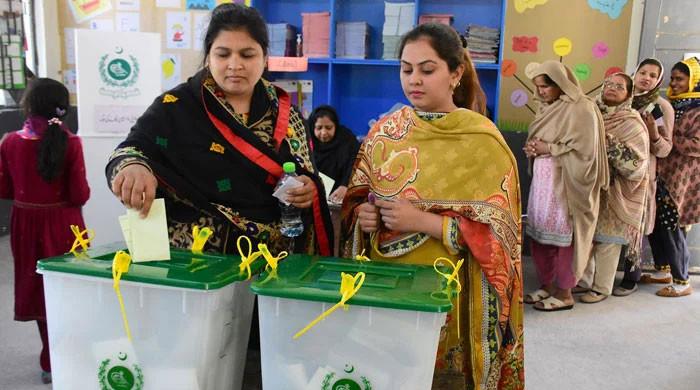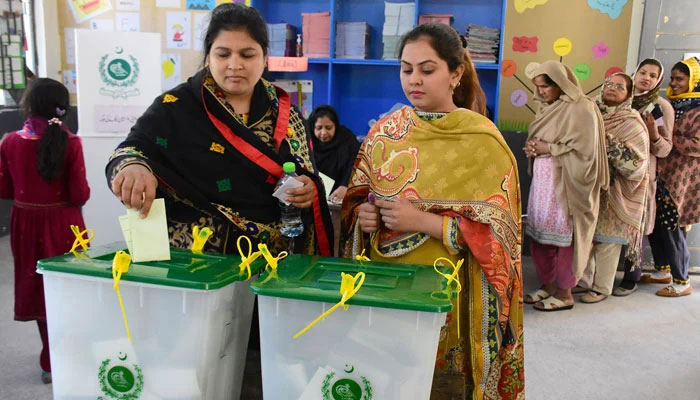Concerns Over Women’s Political Representation in Pakistan
LAHORE: Civil society organizations throughout Pakistan have expressed their serious concerns regarding the ongoing marginalization of women in the nation’s political scene.
Call for Immediate Reforms
In a recent press statement, leaders from these organizations have urged for urgent reforms to ensure that women are adequately represented in decision-making bodies at all levels of governance. Arshad Mahmood Mirza from Baidarie Sialkot highlighted the alarming absence of women in the federal cabinet, noting that in Punjab, only three women, including the Chief Minister, occupy positions in the 19-member provincial cabinet. Mirza also pointed out that in the formation of local government institutions in Punjab, women are either underrepresented or serve merely as proxies for their male counterparts.
“This scenario greatly hinders women’s opportunities to develop leadership skills and to make significant contributions to decision-making processes,” he remarked. “The current situation makes it highly unlikely for Punjab to achieve the UN target of having 30 percent women’s representation in governance.”
Addressing Societal Barriers
Irfan Mufti of South Asia Partnership-Pakistan indicated that entrenched social and cultural norms perpetuating patriarchy and male dominance are the primary barriers to women’s political participation. “To usher in a more inclusive political environment, we must confront and dismantle these systemic issues, empowering women as equals in governance,” he stated.
The Role of Civil Society Organizations
Hina Noureen Advocate, part of the civil society network, underscored the vital function local-level civil society organizations (CSOs) play in promoting women’s political empowerment. She emphasized that these organizations often lack the capacity to create collaborative networks or effective strategies needed to integrate women into the political, electoral, and governance landscapes. “These gaps must be bridged for CSOs to foster an environment conducive to women’s leadership development,” she explained.
Salman Abid from IDEA Pakistan reiterated the pressing need for carefully crafted programs aimed at addressing the systemic exclusion of women from the political sphere in the country.



